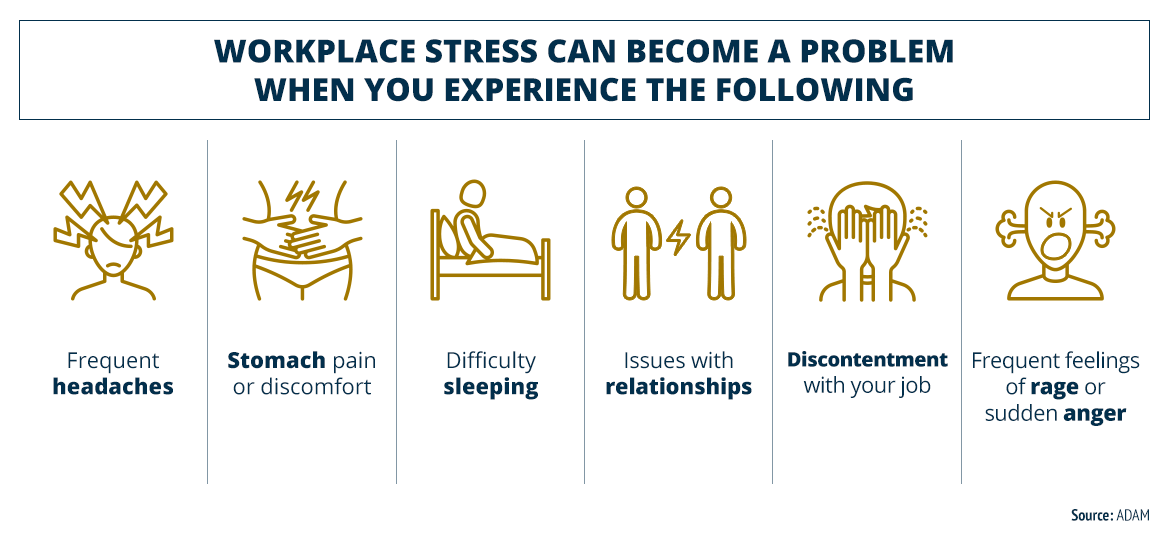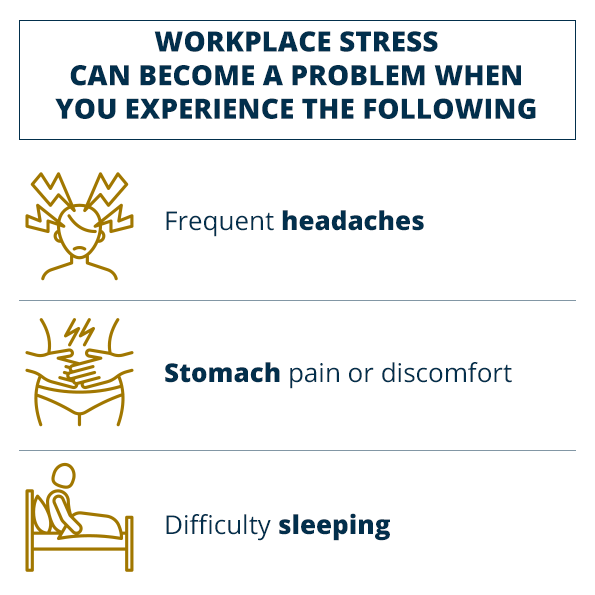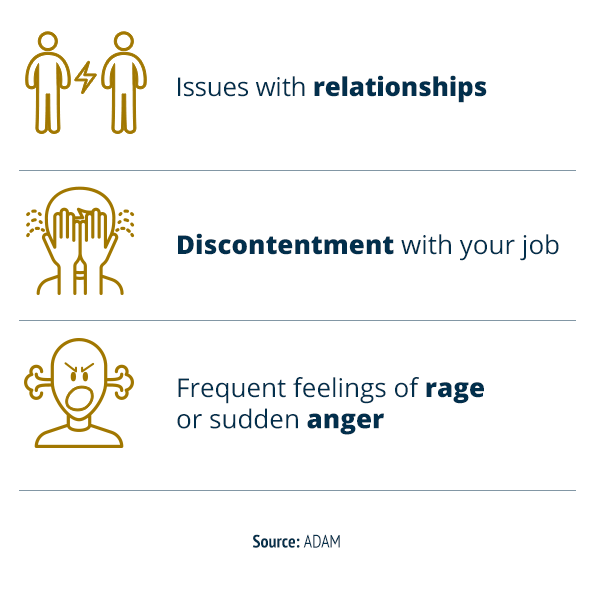8 Mar 2019
Is the Job Toxic? Get Rid of the Job

So goes the recommendation of a cardiologist at Lenox Hill Hospital in New York City, who tells his patients to quit their jobs if necessary in order to reduce stress. “What you have to realize is that your job is a slice of the whole pie of your life,” advises Dr. Satjit Bhusri, “and without a life, there are no slices.” His comments came after a new study discovered the serious effects that stress at work can have on our health.
Researchers observed three types of stress in the workplace: job strain, which is related to having high demands at work and little control over them; effort-reward imbalance, which refers to an excess of effort relative to the reward; and the stress that results from fear of unemployment.
Almost everyone feels workplace stress at some point, even when they love their jobs. We get stressed about schedules and time management, difficult colleagues, and looming deadlines. In small doses, stress can be helpful, motivating us to work hard and achieve the results we want. But when it is constant and overwhelming, stress can become dangerous.
When It’s No Longer Normal
The body’s response to stress is a natural reaction, especially when we are going through a busy or tough period at work or in our personal lives, but it can have a physiological impact, including changes to heart function, clotting, and plaque in our blood vessels. A demanding job that leaves employees little to no control over their work environment can increase the risk of an early death, even for those who don’t suffer from heart disease.
That risk climbs to 68% in people who already have cardiovascular problems or diabetes, according to a study recently published in the journal The Lancet, Diabetes and Endocrinology.
Further research needs to be done to understand the specific relationship between stress and heart disease. But it is proven that a stressful work environment can contribute to issues like headaches, sleep disorders, mood swings, and difficulty concentrating. To make matters worse, those who experience high stress levels tend to engage in unhealthy habits in order to deal with it. These include overeating, smoking, drinking alcohol, or doing drugs, activities that increase blood pressure and damage the artery linings.
Not Just the Body, But the Mind
Heart disease isn’t the only risk associated with stress. Experts at the International Labour Organization (ILO) warn of an increase in mental illness, such as depression and exhaustion, linked with growing tensions at work. Chronic stress can lead to anxiety, insomnia, high blood pressure, and a weakened immune system.
Why the rise in workplace stress? Several factors are to blame, among them the oversaturation of information; the intensification of work and circumstantial pressures; inflexible scheduling demands; our tendency to be constantly available thanks to technology and smartphones; and, last but not least, the fear of losing our jobs altogether.
In most countries, the total cost of accidents in the workplace or illness due to work conditions, including those related to stress, is extremely high. Stress accounts for 55% of days of taken off from work, according to statistics provided by the ILO. This is an enormous loss, both economically and psychologically.
Is There a Solution?
Yes, and it doesn’t necessarily require quitting your job. There are many ways to manage workplace stress. These are the top recommendations from the American Psychological Association (APA):
- Take a break. If you feel stressed or angry at work, allow yourself to pause and rest. Even a short break in the form of a brisk walk or a healthy snack can help you clear your head. If you can’t pull away from your work space, close your eyes for a couple of moments and breathe deeply.
- Write a job description. Putting your job description into words, or updating an existing description of your role, can help clarify expectations and make you feel more in control.

- Set reasonable goals. Stop taking on more work than you can reasonably get done. Talk to your managers and colleagues to set realistic expectations. Tracking your progress day-by-day can be useful. Share this information with your supervisor so you can both set reasonable goals.
- Curb your use of technology. Cell phones and e-mail can make it hard to stop working. If necessary, set rules for yourself, like turning off devices during dinner or after a certain hour of the night.
- Set limits. If your work conditions are dangerous or uncomfortable, talk to your boss, management, or labor unions to resolve the problem.
- Get organized. Every morning, make a to-do list for the day. Order tasks according to priority and tackle the list from top to bottom.
- Make the most of your free time. Take vacations or time off regularly. Even a long weekend can make a difference in your mood and perspective.
- Discover other ways to deal with stress. Different people require different stress management strategies, from exercise and yoga to meditation or relaxation techniques, and many others. Do some research to find what works best for you.
Sources:The Lancet Diabetes and Endocrinology, “Work Stress and Mortality, American Psychological Association (APA), “Coping With Stress at Work”, International Labour Organization (ILO) “Psychosocial risks and work-related stress”





